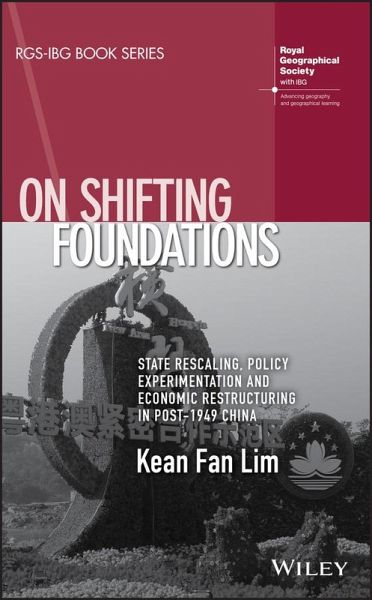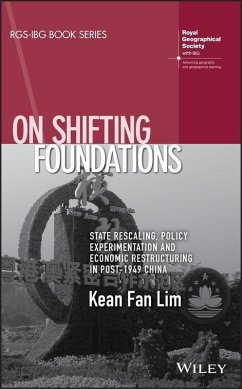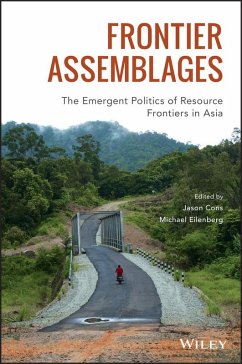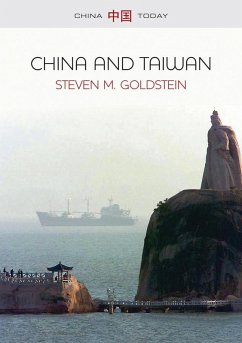
On Shifting Foundations (eBook, ePUB)
State Rescaling, Policy Experimentation and Economic Restructuring in Post-1949 China
Versandkostenfrei!
Sofort per Download lieferbar
27,99 €
inkl. MwSt.
Weitere Ausgaben:

PAYBACK Punkte
0 °P sammeln!
This book introduces readers to the current social and economic state of China since its restructuring in 1949. * Provides insights into the targeted institutional change that is occurring simultaneously across the entire country * Presents context-rich accounts of how and why these changes connect to (if not contradict) regulatory logics established during the Mao-era * A new analytical framework that explicitly considers the relationship between state rescaling, policy experimentation, and path dependency * Prompts readers to think about how experimental initiatives reflect and contribute to...
This book introduces readers to the current social and economic state of China since its restructuring in 1949. * Provides insights into the targeted institutional change that is occurring simultaneously across the entire country * Presents context-rich accounts of how and why these changes connect to (if not contradict) regulatory logics established during the Mao-era * A new analytical framework that explicitly considers the relationship between state rescaling, policy experimentation, and path dependency * Prompts readers to think about how experimental initiatives reflect and contribute to the 'national strategy' of Chinese development * An excellent extension of ongoing theoretical work examining the entwinement of subnational regulatory reconfiguration, place-specific policy experimentation, and the reproduction of national economic advantage
Dieser Download kann aus rechtlichen Gründen nur mit Rechnungsadresse in A, B, BG, CY, CZ, D, DK, EW, E, FIN, F, GR, HR, H, IRL, I, LT, L, LR, M, NL, PL, P, R, S, SLO, SK ausgeliefert werden.













